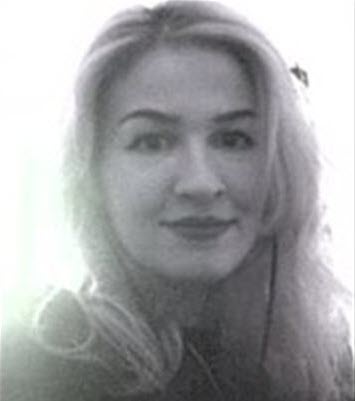Developing a Cyber Operations Computational Ontology

Abstract:
Cyber operations lack models, methodologies, and mechanisms to describe relevant data and knowledge. This problem is directly reflected when cyber operations are conducted, and their effects assessed, and it can produce dissonance and disturbance in corresponding decision-making processes and communication between different military actors. To tackle these issues, this article proposes a knowledge model for cyber operations implemented as a computational ontology following a design science approach grounded on extensive technical-military research. This model classifies the essential entities of cyber operations and is exemplified in three case studies. Validation results show that this model can be used to describe cyber operations clearly and concisely.
AUTHORS

Open University
Heerlen, Netherlands
Clara Maathuis is Assistant Professor in AI and Cyber Security at Open University, in the Netherlands. She holds a PhD in AI and Military Cyber Operations from Delft University of Technology and conducts research on building responsible and trustworthy AI systems in the military, cyber security, social media, and XR domains

Delft University of Technology
Delft, Netherlands
Dr. Wolter Pieters is an Associate Professor in Cyber Risk at Delft University of Technology, in the Netherlands. His research focuses on cyber risk management, human factors in cyber security, and the philosophy and ethics of information security.

Cybersecurity Chair
Delft University of Technology & Leiden University Delft & Leiden,
Netherlands
Jan van den Berg started studying mathematics and physics at Delft University of Technology in 1970. In 1977, he received the diploma of Mathematical Engineer. From 1977-89, he lectured courses in mathematics, physics, and computer science in institutes of higher education in The Netherlands, and mathematics and physics at the secondary school of Nampula (Mozambique). From 1989-2006, he worked at the Econometric Institute of Erasmus University Rotterdam, lecturing courses in computer science and economics, and did research in computational intelligence, with applications in combinatorial optimisation, finance, agriculture, philosophy, bibliometrics, among others. He finalised his PhD-thesis entitled ‘Neural Relaxation Dynamics’ in 1996. From 2006 up till now, he works at Delft University of Technology, mostly on topics related to (Big) Data Analytics and Cyber Security. On July 9, 2013, he was appointed as full Professor of Cyber Security at this university. Until January 1, 2019 he also acted as Scientific Director of the Cyber Security Academy, The Hague. On May 26, 2015, Van den Berg was also appointed as full Professor Cyber Security within the Institute for Security & Global Affairs (ISGA) of Leiden University.
Published In
Journal of Information Warfare
The definitive publication for the best and latest research and analysis on information warfare, information operations, and cyber crime. Available in traditional hard copy or online.
Quick Links
Archive

